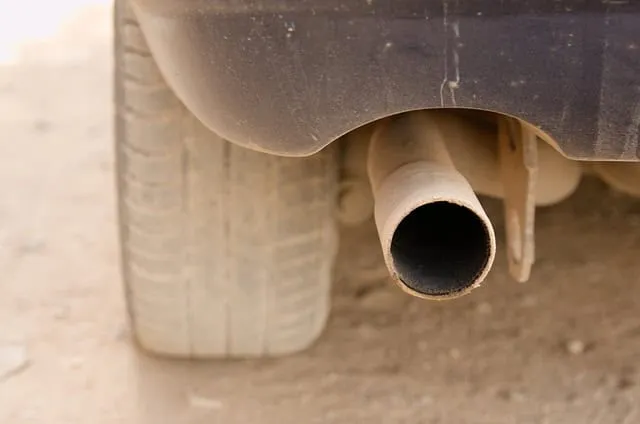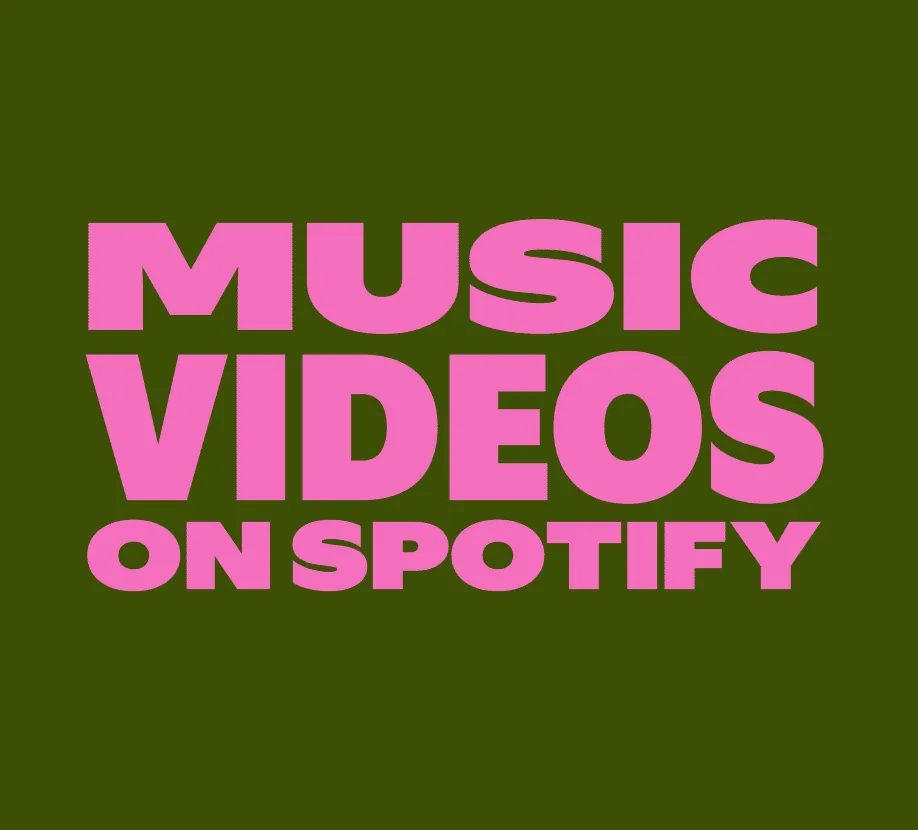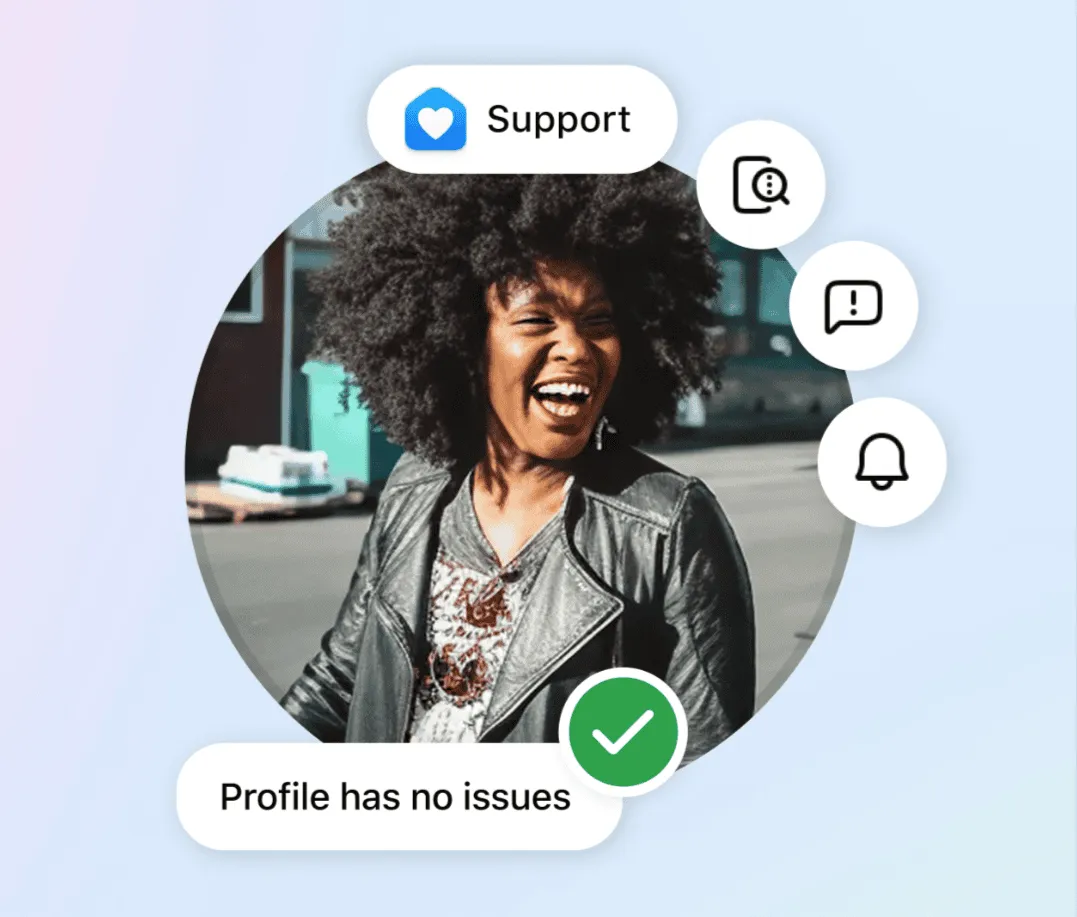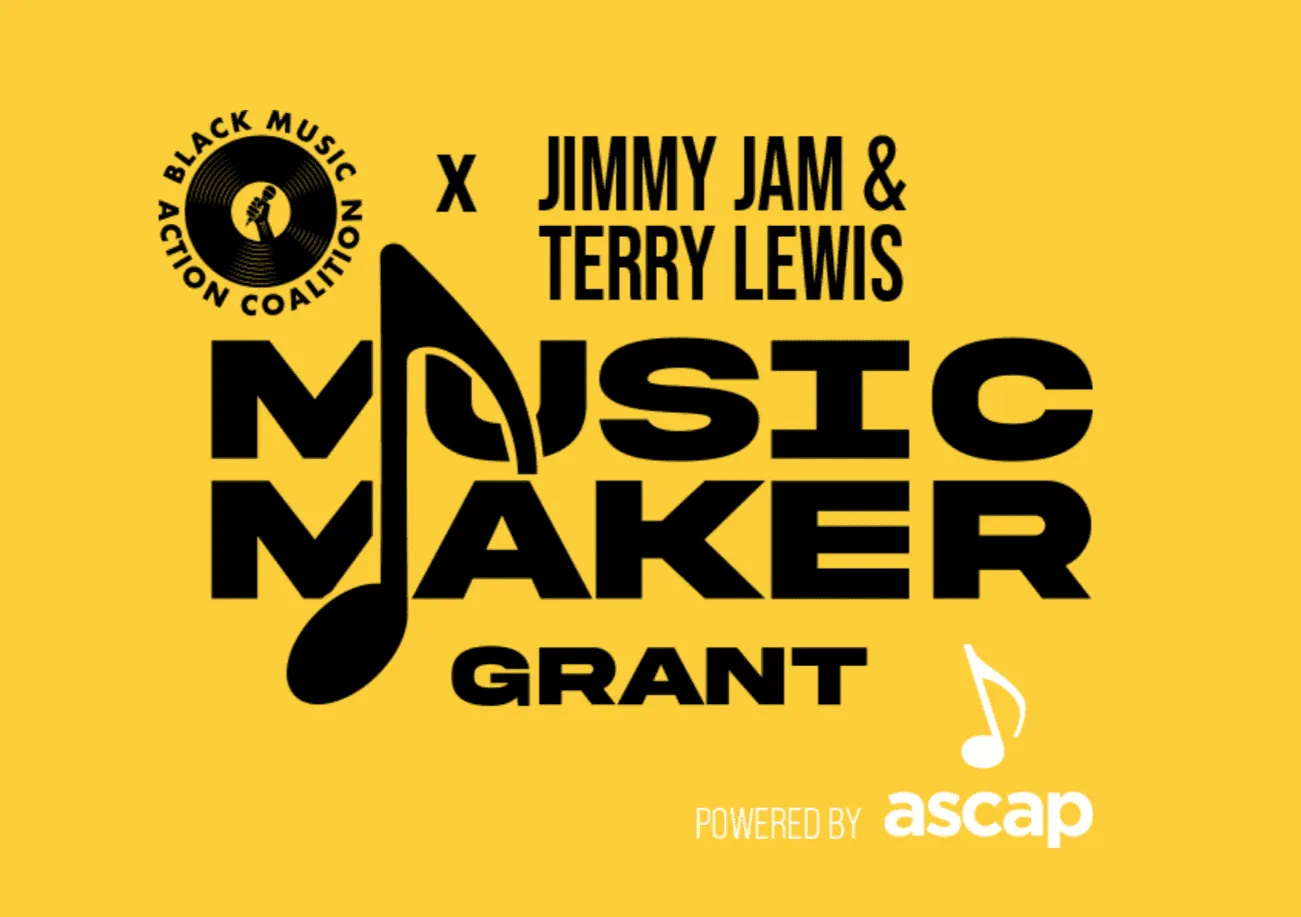Please leave your answer in the comments.
I'm writing a short article that highlights the strategy that artists and marketers alike use to convert music pirates into paying fans. This is an important subject that we're all equally curious about. Leave a comment below to be included in my upcoming post. Please also leave how you'd like to be credited, as in where you work or the group that you're apart of.




